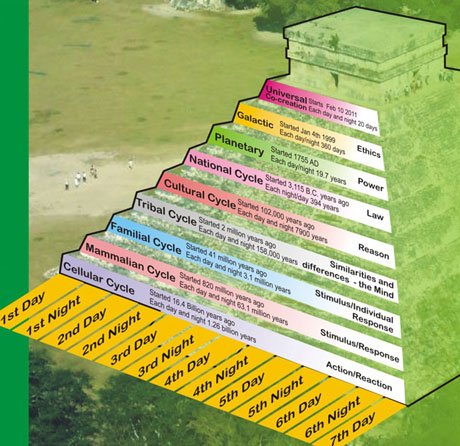Posts
Showing posts from December, 2011
Nassim Haramein on Sacred Geometry & Unified Fields
- Get link
- X
- Other Apps
Why is Using Others' Work so Problematic in the Western Academic World?
- Get link
- X
- Other Apps
The Purpose Behind the Science: Nikola Tesla |1 Tesla = 100 Gauss ;)
- Get link
- X
- Other Apps
Slavoj Zizek in Examined Life on Nature and Ecology
- Get link
- X
- Other Apps




